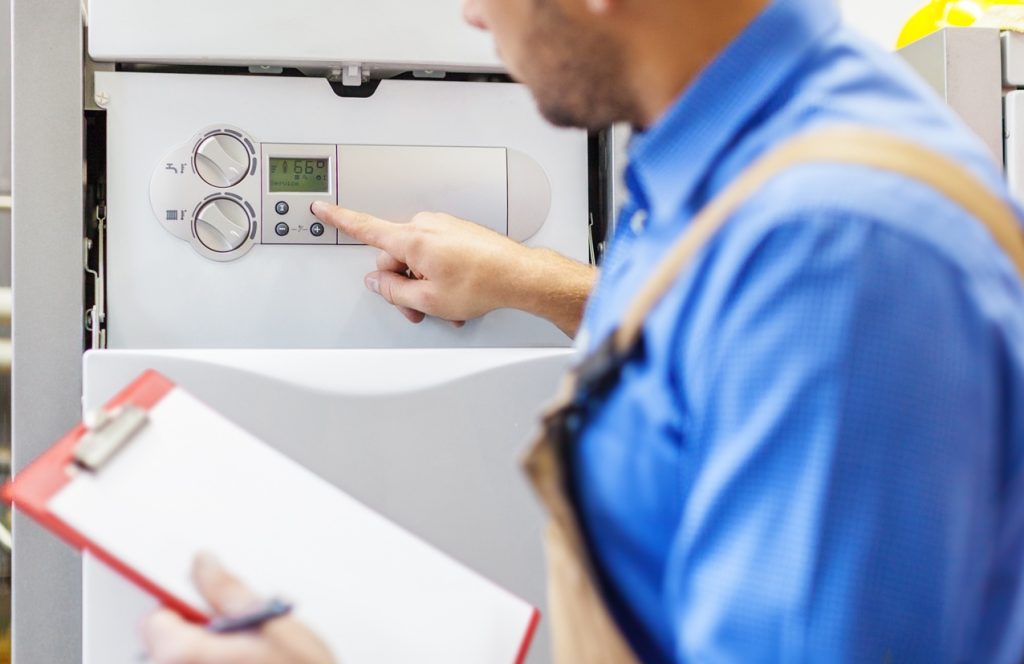When your water heater suddenly breaks down, it can leave you with more than just cold showers. You might wonder: Does homeowner insurance cover a water heater? The answer is not always simple, and it depends on what caused the damage. Understanding how homeowners’ insurance water heater coverage works can help you prepare for unexpected expenses and know when you’re protected.

When Homeowner Insurance May Cover a Water Heater
A standard homeowner insurance policy usually protects against sudden and accidental damage. That means if your water heater bursts and floods part of your home, the damage caused by the water may be covered. In this situation, the policy would help pay for repairs to your floors, walls, or furniture that were affected.
But what about the water heater itself? Does homeowner’s insurance cover a water heater replacement in this case? Sometimes yes, but not always. If the burst was due to a covered risk, like a sudden malfunction, there’s a chance your insurer could help pay for a new unit. However, if the damage is the result of age, neglect, or normal wear and tear, coverage is unlikely.
What Is Not Covered
Insurance companies typically do not cover the cost of replacing or repairing appliances due to everyday use. For example:
- If your water heater is old and rusts through.
- If it stops heating because of worn-out parts.
- If it simply reaches the end of its lifespan.
In these cases, the answer to “Does homeowner insurance cover a water heater?” is usually no. The policy is designed to protect your home from sudden disasters, not to act like a warranty for aging equipment.
Water Damage from a Faulty Heater
One important detail to note is the difference between the water heater itself and the damage it causes. Even if homeowners’ insurance water heater coverage does not extend to replacing the unit, the policy may still help with the cleanup costs if the heater leaks or bursts.
For example, if 40 gallons of water spill into your basement, destroying carpets or damaging stored items, insurance can often help cover those losses. This is why it’s important to file a claim promptly and document everything with photos if such an incident occurs.
How to Know If You’re Protected
If you’re unsure whether your policy includes homeowners insurance water heater coverage, the best step is to read your policy documents carefully or contact your insurance provider. Look for sections that mention “sudden and accidental discharge of water” or “appliances.” You can also ask your insurance agent directly: Does homeowner insurance cover a water heater in my situation?
Every policy is a little different, and coverage can vary depending on your provider and the type of plan you have.
Preventing Issues with Regular Maintenance
Since most insurance policies won’t cover water heaters that fail due to age or poor upkeep, regular maintenance is key. Here are a few steps you can take to extend the life of your unit:
- Flush the tank at least once a year to remove sediment buildup.
- Check the anode rod and replace it when necessary.
- Inspect the tank for rust, leaks, or unusual noises.
- Hire a professional to perform routine service checks.
By keeping up with maintenance, you reduce the chance of a breakdown and the need to ask, Does homeowner insurance cover a water heater replacement?
Repair vs. Replacement
Sometimes, a professional can repair your water heater instead of replacing it entirely. Repairs may include fixing a faulty thermostat, replacing heating elements, or addressing leaks in connections. If your unit is newer, these fixes may be all you need.
But if your water heater is more than 10–12 years old, replacement is usually the better option. Investing in a new, energy-efficient model can save you money on energy bills and help you avoid sudden failures. For expert help, consider water heater installation and repair services to ensure your home always has hot water when you need it.
Final Thoughts: Does Homeowner Insurance Cover a Water Heater?
So, to wrap it up: Does homeowner insurance cover a water heater? It depends. Insurance may cover damage caused by a sudden and accidental malfunction, and it may also help with repairs to your home if the unit bursts. However, it usually won’t pay for replacements due to age or normal wear and tear.
The smartest approach is to combine regular maintenance with a good understanding of your policy. That way, you’ll know what to expect if your water heater fails. And when in doubt, contact both your insurance provider and a licensed plumber to get clear answers.
Need professional help with your water heater? Call us today at (410) 256-7900.

Leave a Reply